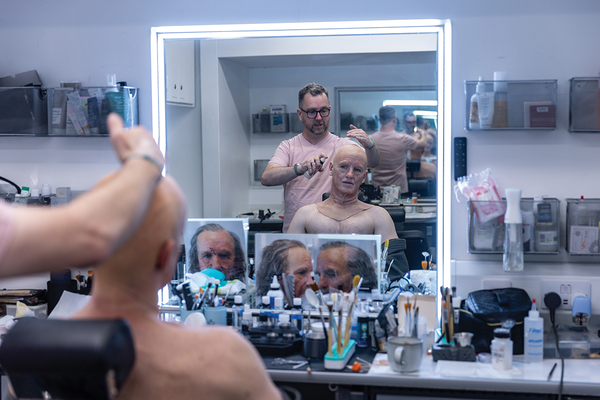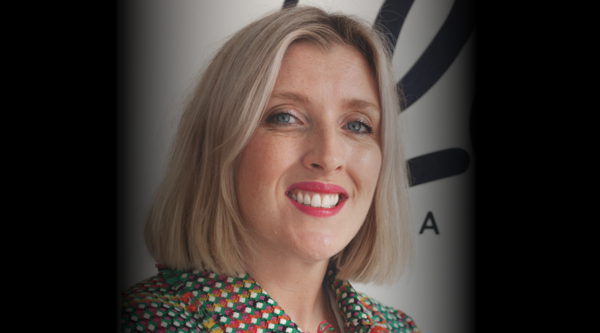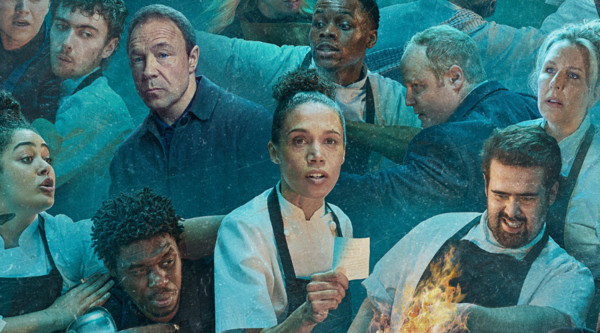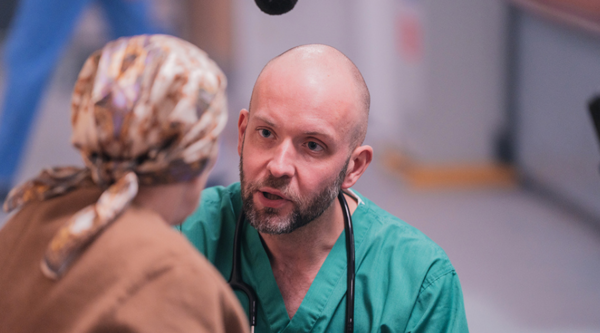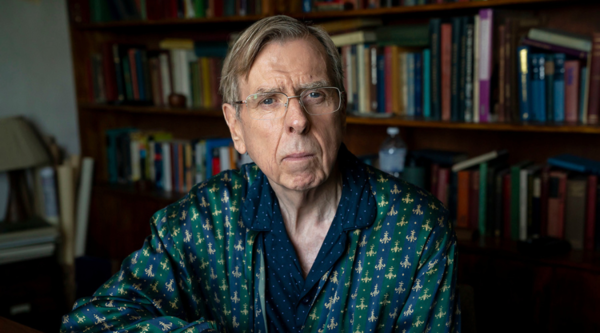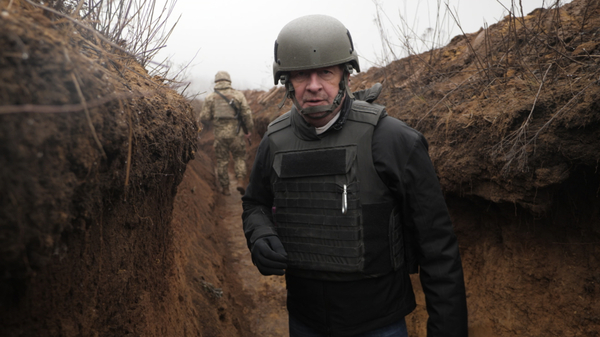Working Lives: Prosthetics designer Richard Martin
His prosthetic skills were also used to great effect in Gangs of London and the new season of The White Lotus.
What does the job involve?
Every job is different but essentially you are designing and making prosthetics – for people and creatures – to realise the director’s vision.
Is it a new role?

